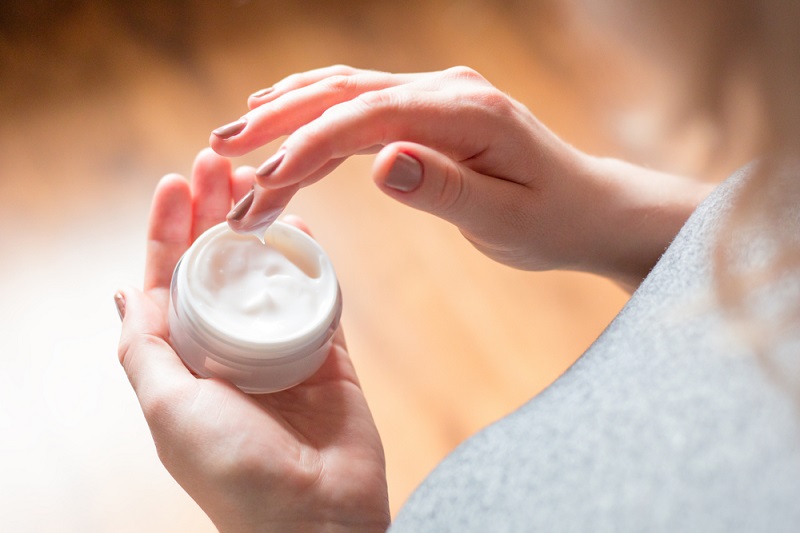
A Tainted Skin Cream Gave a Woman Mercury Poisoning. She's Now Semi-Comatose.
The cream contained a particularly toxic form of mercury.

A California woman is in a semi-comatose state after using an imported anti-wrinkle cream that was tainted with mercury, according to news reports
The 47-year-old woman first went to the emergency room back in July after experiencing slurred speech, numbness in her hands and face and trouble walking, according to local news outlet KCRA.
After testing some of the woman's cosmetic products, officials found that one of her skin creams contained high levels of methylmercury, a particularly toxic form of mercury. This is the first known case of methylmercury poisoning linked to a skin cream in the United States, according to the Sacramento County Department of Health Services.
The cream, known as Pond's Rejuveness, was sold in Mexico, and the woman bought it through an informal network of friends. The mercury was added by a third party, and not the Pond's manufacturer, officials said.
Methylmercury can form when bacteria react with the metal mercury in water, soil or plants, according to the National Institutes of Health. Fish and shellfish are the most common sources of methylmercury exposure in the U.S., according to the Environmental Protection Agency.
It's unclear if the methylmercury in the woman's skin cream got there by mistake, or if someone purposely added it. However, it's known that mercury can stop the production of the skin pigment melanin, and so it could lighten skin and remove age spots, KCRA reported.
People may normally have small amounts of mercury in their blood, up to 5 micrograms per liter; but the woman's level was sky high, at more than 2,600 mg/L, according to the local news station.
Sign up for the Live Science daily newsletter now
Get the world’s most fascinating discoveries delivered straight to your inbox.
The woman's condition worsened since her hospitalization and she has stopped responding to verbal commands.
Public health officials are warning the public to stop using similar skin creams imported from Mexico.
- 27 Oddest Medical Case Reports
- 9 Disgusting Things That the FDA Allows in Your Food
- 12 Hormone-Disrupting Chemicals and Their Health Effects
Originally published on Live Science.

Rachael is a Live Science contributor, and was a former channel editor and senior writer for Live Science between 2010 and 2022. She has a master's degree in journalism from New York University's Science, Health and Environmental Reporting Program. She also holds a B.S. in molecular biology and an M.S. in biology from the University of California, San Diego. Her work has appeared in Scienceline, The Washington Post and Scientific American.









